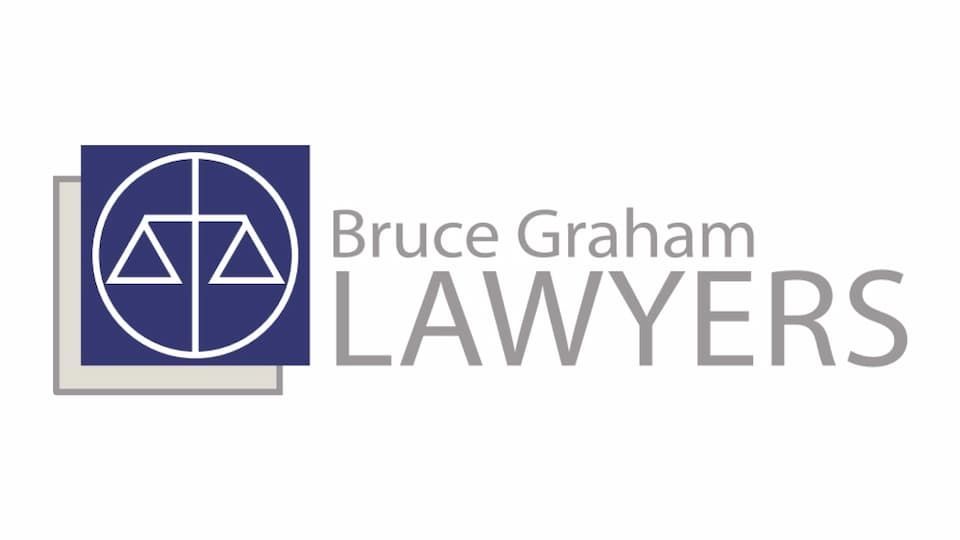OBTENGA AYUDA LEGAL CON LA SUPERANNUACIÓN
Nuestra última historia

A Practical Perspective for NSW and Queensland Matters In New South Wales and Queensland, the legal profession is fused. Both solicitors and barristers are qualified legal practitioners, and there is no procedural requirement to brief counsel at any particular stage of a matter. That often leads clients to delay the decision. In practice, the question is not whether a barrister is required, but whether the matter has reached a point where the risks involved justify specialist advocacy and advice. Engaging a barrister is not a sign that a dispute has escalated beyond control. It is a strategic decision about how that dispute should be managed. What a Barrister Actually Brings to a Matter Barristers are commonly associated with court appearances and trials. In reality, much of their value lies well before a matter reaches a hearing. They are trained to analyse risk, test legal arguments, and anticipate how a court is likely to respond to a case as it develops. Early involvement often focuses on advising on prospects, settling pleadings, shaping evidence, and identifying which issues genuinely matter. In many cases, this prevents problems that become expensive or impossible to correct later. The Importance of Timing One of the most common points at which counsel should be considered is before pleadings are finalised. Once pleadings are filed, positions harden. Admissions may be made inadvertently, causes of action may be poorly framed, and procedural vulnerabilities may be exposed. Fixing these issues later usually involves contested applications and additional cost. Similarly, when interlocutory applications are threatened or underway, the stakes increase quickly. Applications such as strike-outs, summary judgment, or injunctions can determine the direction of a matter long before trial. These are moments where technical precision and courtroom experience matter. Another common trigger is when a dispute turns on a narrow or unsettled point of law. Some cases are fact driven. Others are decided almost entirely on statutory interpretation or competing authorities. Where that is the case, specialist advice is not a luxury – it is essential. Costs Risk and Commercial Reality Litigation is not just about the merits of a claim. It is also about costs exposure. As matters progress, the financial consequences of getting strategy wrong increase. A barrister can provide clear advice on when to push forward, when to reassess, and when settlement should be actively pursued. There is a persistent misconception that briefing counsel necessarily increases costs. In practice, targeted advice at the right time often reduces overall expenditure by narrowing issues, avoiding unnecessary applications, and strengthening settlement positions. NSW and Queensland Considerations While the core principles are consistent across jurisdictions, procedural culture differs slightly. In New South Wales, courts tend to scrutinise pleadings closely and are more receptive to early dispositive applications. This often makes early engagement of counsel particularly valuable. Queensland courts are generally more pragmatic in their approach to case management, but the risk profile still shifts sharply once a matter moves beyond informal negotiation or becomes procedurally complex. In both jurisdictions, the underlying question remains the same: what is the consequence if the current approach is wrong? A Collaborative Model Engaging a barrister does not mean the solicitor steps aside. The solicitor remains responsible for carriage of the matter, evidence gathering, and client communication. Counsel provides a complementary skill set: strategic distance, advocacy experience, and deep familiarity with how courts approach particular issues. The most effective outcomes are usually achieved where solicitors and barristers work together early, rather than when counsel is briefed reactively on the eve of a hearing. Conclusion There is no fixed rule as to when a barrister should be engaged. However, most disputes reach a point where the risks – legal, procedural, or financial, change materially. At that point, the real question is not whether engaging a barrister is necessary, but whether proceeding without one is a risk worth taking. Disputes can arise in everyday life – with neighbours, family members, business partners, landlords, builders, or customers. Often, they start small and quickly become stressful, emotional, and hard to manage. Our litigation team helps you understand your options early, cut through the noise, and work towards the best possible outcome by providing the necessary advice and action. Don’t face the situation alone, talk to CJM Lawyers today!

Buying a business is an exciting venture, but the legal "to-do list" looks different depending on which side of the Tweed River you are on. Whether you’re eyeing a café in Surfers Paradise or a boutique in Byron Bay, navigating the transition from the current owner to you requires a sharp eye on the details. Here are the four key areas where the rules change between Queensland and New South Wales. 1. The Contract of Sale In Queensland, we typically use the REIQ Business Sale Contract. In NSW, it’s common to use the Law Society/Real Estate Institute version. While both cover the basics, they handle "dispute resolution" and "vendor warranties" (the promises the seller makes about the business) differently. With years of experience in commercial law, CJM Lawyers will ensure the contract is tailored to the specific laws of the state where the business is located. 2. The Lease: Your Business's Home The lease is often the most valuable asset you’ll take over. In QLD: The Retail Shop Leases Act has very strict rules about "Disclosure Statements" that the landlord must give you. In NSW: The Retail Leases Act applies, which has its own specific timelines and forms. If the landlord doesn’t provide the right paperwork at the right time in either state, it can lead to massive headaches or even the right to walk away from the lease later. Both Acts play a crucial role in preventing any hidden issues from the landlord and assignor that could surprise you after a transfer or the start of a lease. CJM Lawyers, as a trustworthy solicitor, will ensure that all necessary disclosures are made before you make a decision. 3. The "Tax Trap": Transfer Duty This is the biggest difference between the two states: Queensland: You generally still have to pay Transfer Duty (stamp duty) on the value of the business assets (like equipment and goodwill). This is an extra cost you must budget for. NSW: In most cases, NSW has abolished stamp duty on the transfer of "intangible" business assets like goodwill. However, you might still pay duty if the sale includes land or certain other interests. With CJM Lawyers, experienced in commercial transactions across both jurisdictions, we help you understand the nuances to avoid unexpected late penalties or potential legal actions from the state revenue office. 4. Taking Over the Team (Staff) While the Fair Work Act is national, the way we "adjust" the price for employee leave at settlement is a matter of contract. Specifically, the REIQ contract usually grants a 70% credit to the Buyer for accrued leave on its standard terms, while NSW’s law society or REI contract may not be explicit in this regard in detail. Regardless of the difference, it is still open to negotiation between you and the seller. We, CJM Lawyers, make sure that if you are taking on staff who have years of accrued long service leave or annual leave, the seller gives you a fair discount on the purchase price, so you aren't left footing the bill alone later. How We Can Help Mastering both QLD and NSW means we understand the nuances of both systems. CJM Lawyers will act as your advisor, identifying risks like hidden debts on equipment or tricky lease terms, before you sign on the dotted line. If you’re considering buying a business, early legal advice can save you time, money and stress. Contact CJM Lawyers today to start the conversation.





















